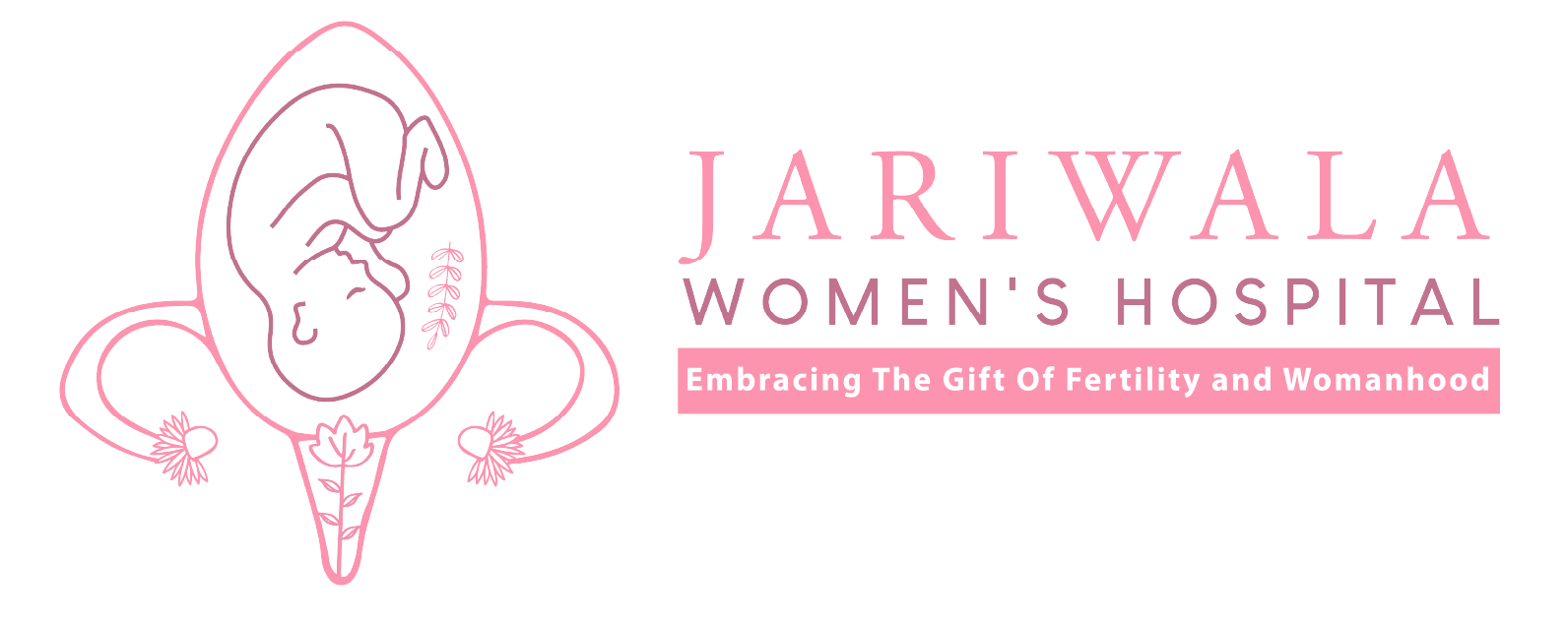2nd Floor Shukan Mall, 6/7, Camp
Rd., beside Rajasthan Hospital, Shahibag, Ahmedabad, Gujarat 380004
+91 98253 50159
Vaginoplasty
Vaginoplasty is a process in which the vagina is constructed and repaired. The vagina can be damaged by various medical reasons like childbirth or any vaginal injury. This surgery is also used in creating a vagina in transgender.
.webp)
WHO SHOULD GO FOR IT?
- If a woman suffers from congenital abnormalities, that enable the vagina to develop correctly.
- Transgender who needs gender affirmation.
- If a woman damages her vagina after childbirth.
- If a woman needs to reconstruct her vagina after radiation treatment or removing any cancer treatment.
PROCEDURE
There are 3 types of vaginoplasty:-
-
Intestinal vaginoplasty-
- in this surgery, a small cut is made using a minimal invasion technique, and a part of the sigmoid colon is used to make the vagina.
-
Buccal mucosa vaginoplasty-
- in this surgery, the tissues of the cheeks are used to reconstruct the lining of the vagina.
-
Peritoneal vaginoplasty-
- in this surgery, the lining of the abdominal cavity is used to the vagina.
RISK
Even though this surgery is done by the surgeon precisely but there are some complications one experiences that are:-
- Infection
- Blood cloth
- Inflammation
- Unable to hold urine
- Moderate to severe pain
Frequently Asked Questions
How should I prepare before vaginoplasty?
Before vaginoplasty, the doctor made the person go through several medical
tests and prescribes some medication according to that.
Do I need to avoid sexual intercourse after vaginoplasty?
Yes, the person should avoid sexual intercourse after the vaginoplasty as
the area needs to heal properly to avoid infection and bleeding.
Is vaginoplasty safe?
There is no such evidence to prove vaginoplasty
unsafe, like other surgery there are some complications like inflammation,
bleeding, and infection.
Is vaginoplasty painful?
The person does not feel any pain during the surgery as general anaesthesia
is given but might feel discomfort after the surgery.
What are the follow-up steps after vaginoplasty?
There are some follow-up steps one should follow
like:-
- Drink plenty of water
- Avoid stress
- Wear loose and comfortable clothes
- Do not wear a tampon during menstruation
- Eat foods filled with nutritions
